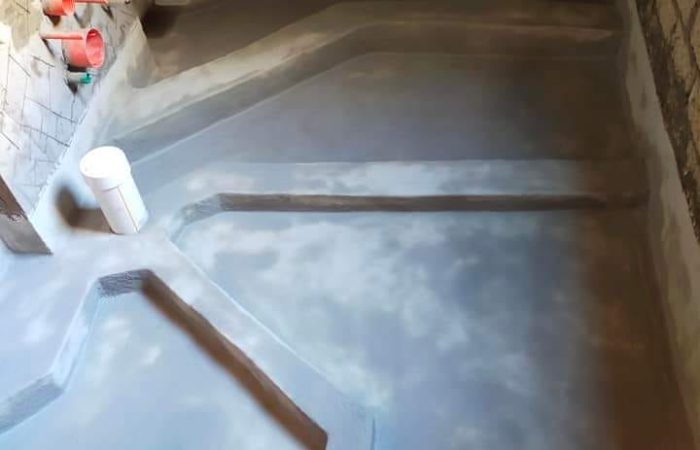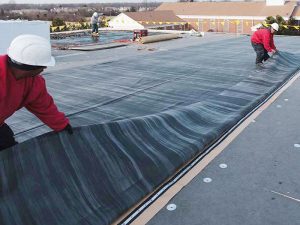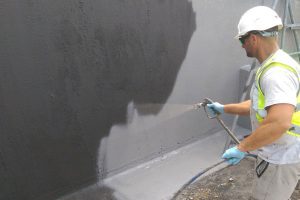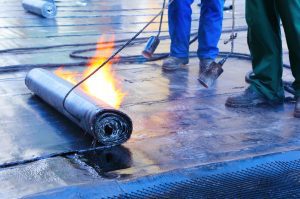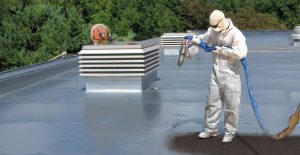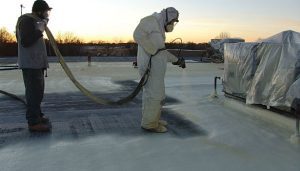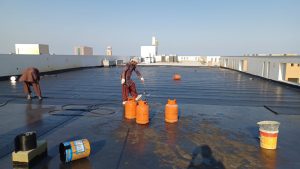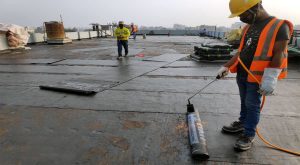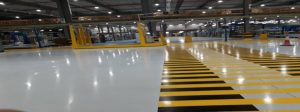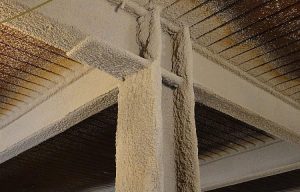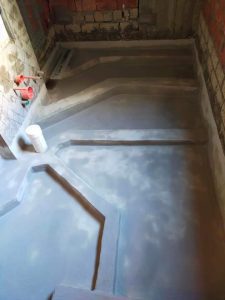Find out how an insulation and waterproofing contracting company can help you achieve this goal.
Introduction:
Building structures that are comfortable and durable requires attention to detail and the use of high-quality materials. Among these, insulation and waterproofing are essential components that can significantly affect the performance and longevity of a building. If you are planning to construct or renovate a building, working with an insulation and waterproofing contracting company can help you ensure that your project meets the required standards and regulations. In this article, we will discuss the importance of insulation and waterproofing and how a contracting company can assist you in achieving your goals.
Why Is Insulation Important?
Insulation is a material used to reduce heat loss or gain by creating a barrier between the interior and exterior of a building. By doing so, insulation can help regulate the temperature inside the building, making it more comfortable for the occupants. Some of the benefits of insulation include:
- Improved energy efficiency: Insulation can significantly reduce the amount of energy required to heat or cool a building, which can translate into cost savings for the building owner.
- Noise reduction: Insulation can also reduce the transmission of sound between different parts of a building, improving the acoustic environment.
- Better indoor air quality: Insulation can help prevent the infiltration of pollutants and allergens into the building, improving the health and comfort of the occupants.
Why Is Waterproofing Important?
Waterproofing is the process of making a building or structure resistant to the penetration of water. It is particularly important in areas with high precipitation or where the groundwater level is high. Some of the benefits of waterproofing include:
- Protection against water damage: Waterproofing can prevent water from seeping into the building, which can cause structural damage, mold growth, and other problems.
- Improved indoor air quality: Waterproofing can also help prevent the infiltration of moisture and humidity into the building, which can contribute to the growth of mold and other indoor pollutants.
- Longer lifespan of the building: Waterproofing can help protect the building from the effects of weathering, increasing its longevity and durability.
How Can an Insulation and Waterproofing Contracting Company Help?
An insulation and waterproofing contracting company specializes in providing services related to insulation and waterproofing. They have the expertise, tools, and materials necessary to ensure that your building is properly insulated and waterproofed. Some of the services that an insulation and waterproofing contracting company can provide include:
- Insulation installation: The company can install insulation in walls, roofs, floors, and other parts of the building to ensure that it meets the required thermal resistance standards.
- Waterproofing installation: The company can apply waterproofing membranes, coatings, or sealants to protect the building from water infiltration.
- Insulation and waterproofing inspection: The company can inspect the building to identify any areas that require insulation or waterproofing upgrades.
- Insulation and waterproofing maintenance: The company can provide ongoing maintenance services to ensure that the insulation and waterproofing systems continue to function properly.
Frequently Asked Questions:
Q: What types of insulation materials are commonly used? A: Some of the most commonly used insulation materials include fiberglass, cellulose, mineral wool, and spray foam.
Q: What are the benefits of spray foam insulation? A: Spray foam insulation is a type of insulation that is sprayed into place and expands to fill all gaps and cavities. Some of its benefits include improved energy efficiency, noise reduction, and better indoor air quality.
Q: What types of waterproofing systems are available? A: There are several types of waterproofing systems, including liquid-applied membranes, sheet membranes, and

